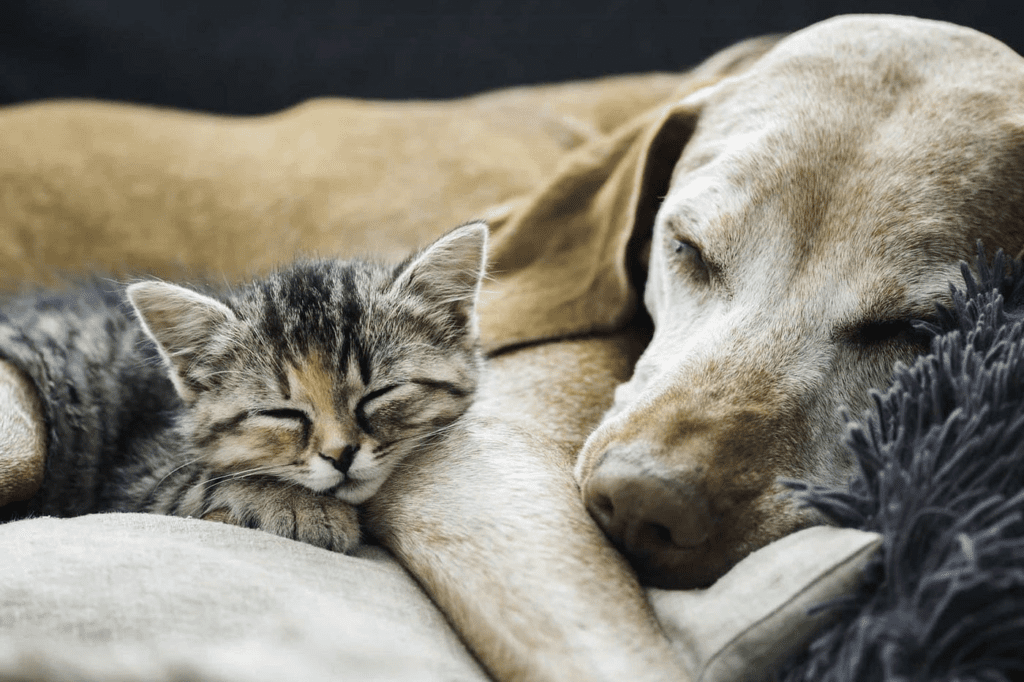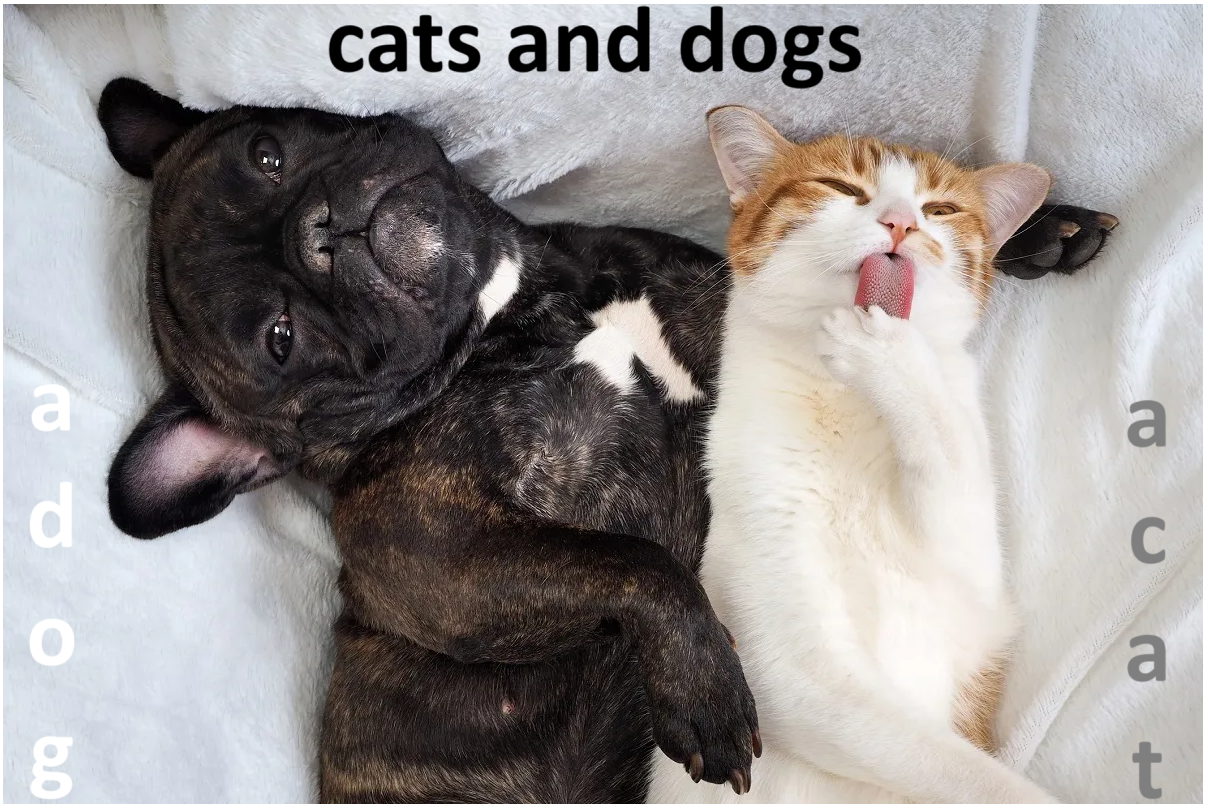cats and dogs?
While it’s widely known that dogs are considered man’s best friend, cats can also be excellent pets. Scientific research has explored whether there are differences in the well-being—mental health, physical health, and happiness—between owners of cats and dogs.

A 2020 study published in the open-access psychology journal (about cats and dogs) Frontiers in Psychology revealed that dog owners generally exhibit higher levels of self-esteem compared to non-pet owners. Conversely, cat owners tend to show slightly lower self-esteem than those who do not own pets, whether cats and dogs. These findings align with previous psychological research exploring the relationship between pet ownership and overall well-being. While these results do not definitively settle the debate between dog owners and cat owners, they provide compelling evidence suggesting that dog ownership may have more potential to enhance well-being. Here are three reasons why.
1. Promote exercise and social interaction
According to research published in 2019 (about cats and dogs) in the scientific journal PLOS ONE, individuals who own dogs are more inclined to engage in physical exercise compared to those who own cats (from both cats and dogs). Similar findings have been reported in other studies as well.

Dogs are highly active animals that require regular exercise, which encourages dog owners to maintain a more active lifestyle overall. It’s well-known that increased physical activity can contribute to improved overall wellbeing, including mental health.
Owning a dog often involves engaging in various physical activities such as morning jogs together, visits to the dog park, or attending training classes. These activities provide more opportunities to go outdoors, interact with familiar faces, and meet new people, all of which contribute to improved mental health. The shared love for dogs naturally fosters lively conversations, enhances social bonds, and promotes a sense of community and unity among dog owners.
Cats, in contrast, are highly independent animals and typically prefer staying indoors. While they may occasionally roam outside on their own, they differ significantly from dogs that are actively taken to parks by their owners. Due to their independent nature, cats do not rely on their owners for exercise or socialization encouragement, unlike dogs.
2. Differences in cats and dogs owner personality
Personality traits indeed play a crucial role in determining whether pet owners experience happiness. In psychology, the Big Five theory categorizes personality traits into five main dimensions: neuroticism, extraversion, agreeableness, conscientiousness, and openness.

In a 2016 study titled “Pets and Happiness,” researchers discovered notable differences between dog owners and cat owners regarding personality traits. The study found that dog owners tend to be more agreeable and less neurotic compared to cat owners. Additionally, dog owners were found to exhibit higher levels of extraversion, which is often associated with greater well-being. The study authors acknowledged the complexity of causation, suggesting that both (from cats and dogs) scenarios—dogs contributing to owner happiness and happy individuals choosing dogs—could be true. They concluded that while owning a pet may not fundamentally alter a person’s traits, there is a clear association between dog ownership and positive psychological outcomes.
3. Gender differences and self-esteem among owners
A detailed analysis of data published in 2020 indicates that male dog owners tend to exhibit higher self-esteem compared to men who do not own pets. Conversely, female cat owners show lower self-esteem compared to women who do not own pets. This highlights a gender-specific pattern in the relationship between pet ownership and self-esteem.

One plausible explanation for why men who own dogs tend to have higher self-esteem could be attributed to the perception of themselves as a pack member or a leader within the pack structure. This recognition may contribute to an increase in self-confidence. Additionally, men who own dogs might receive compliments from passers-by while walking their dogs, which could also boost their self-esteem. These factors suggest that owning a dog can positively influence how men perceive themselves and their social interactions.
On the contrary, women who own cats often face negative stereotypes such as being labeled as “old maids” or “cat ladies.” These stereotypes can contribute to feelings of exclusion or being misunderstood among women who choose to have cats as pets.
Conclusion
As with other happiness studies, determining whether dog owners or cat (cats and dogs) owners are happier isn’t straightforward. Dog owners tend to participate in activities like going out, exercising, and socializing, which are known to contribute to happiness.

On the flip side, owning a cat can bring quiet contentment as one watches their beloved feline curl up at their feet or peacefully sleep. The key is choosing a pet that matches your lifestyle. If you thrive on activity and social interaction, owning a dog could enhance your happiness. Conversely, if you prefer solitude and staying at home, a cat might be the better fit. Ultimately, there’s no rush to decide—whether you adopt a cat or a dog next year or later should align with what brings you joy in life.
Must Read: “PS5 PRO” IS LIKELY TO BE RELEASED WITHIN THIS YEAR WILL IT ALMOST MONOPOLIZE GTA6?
